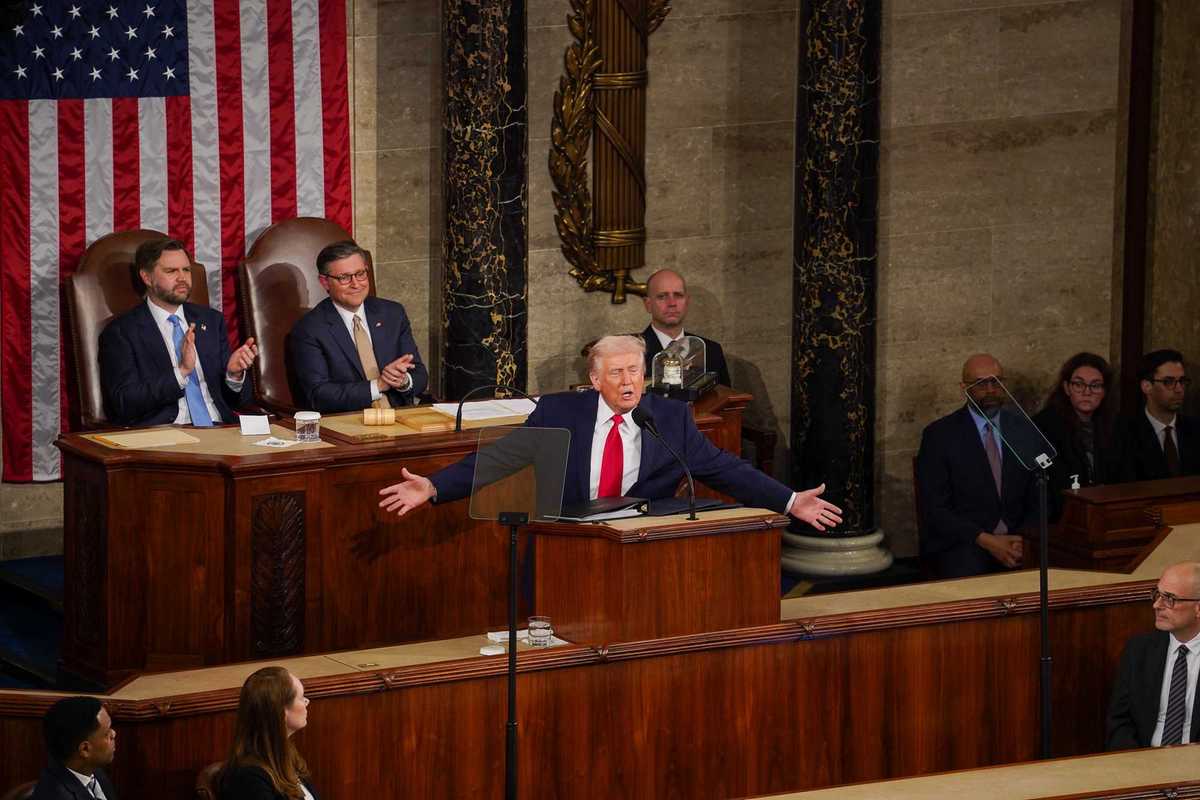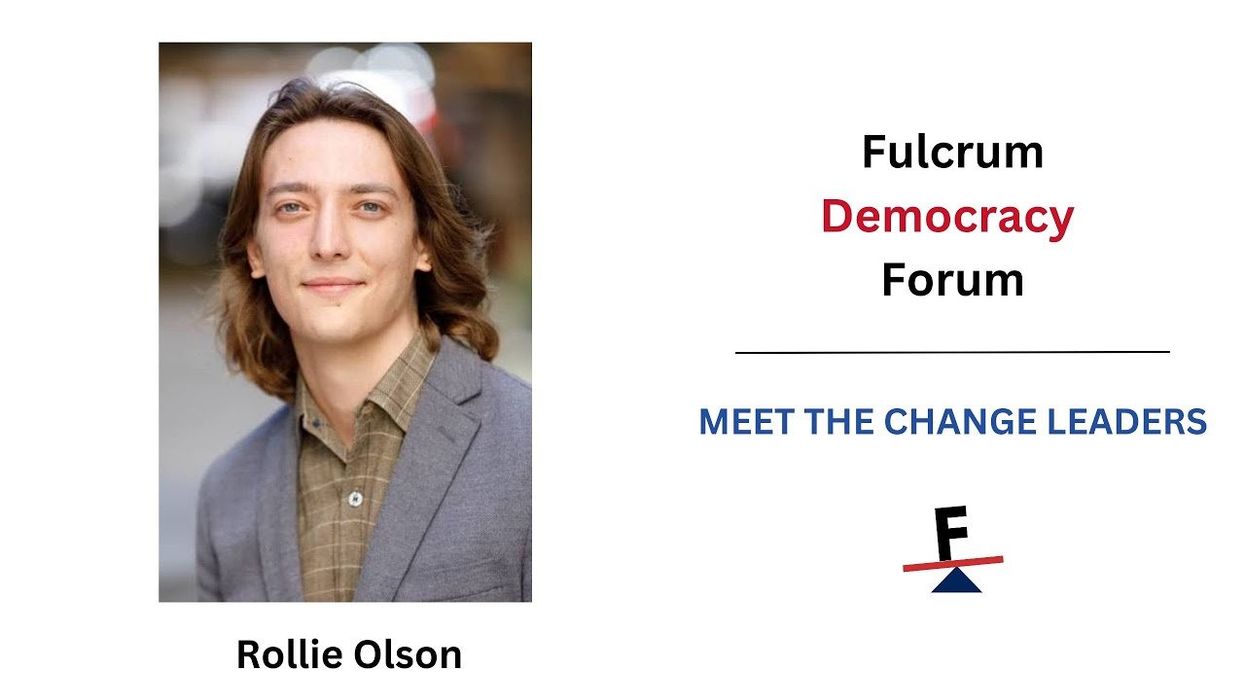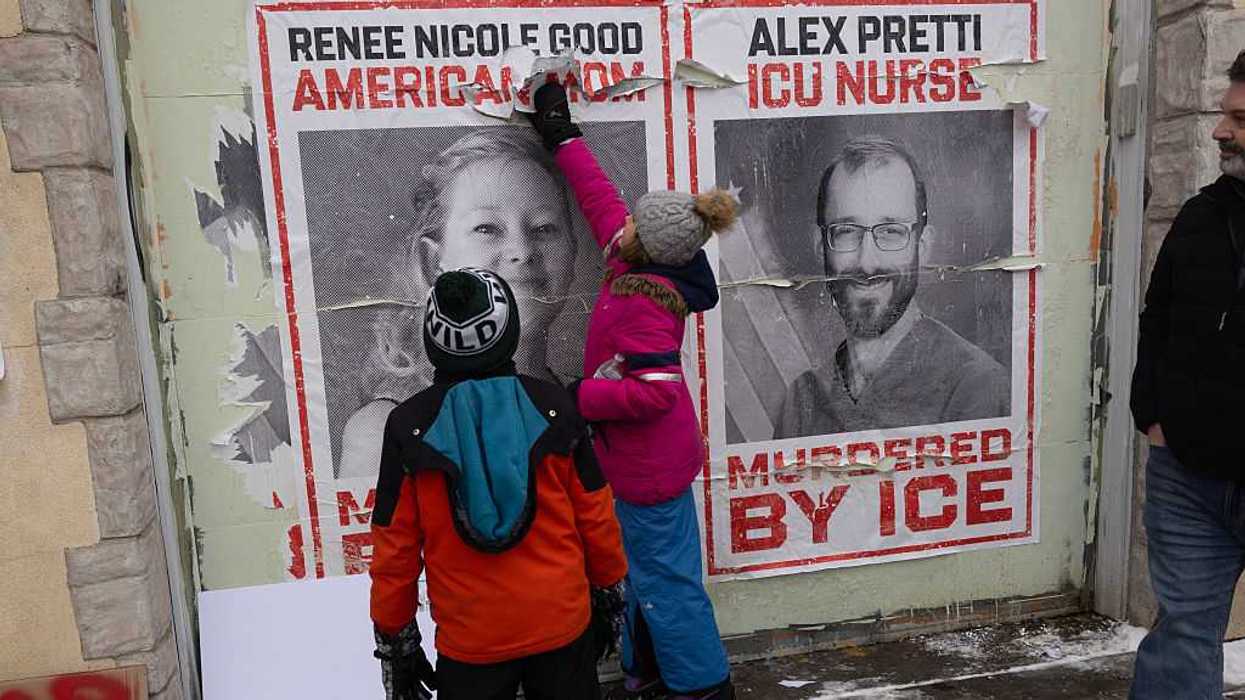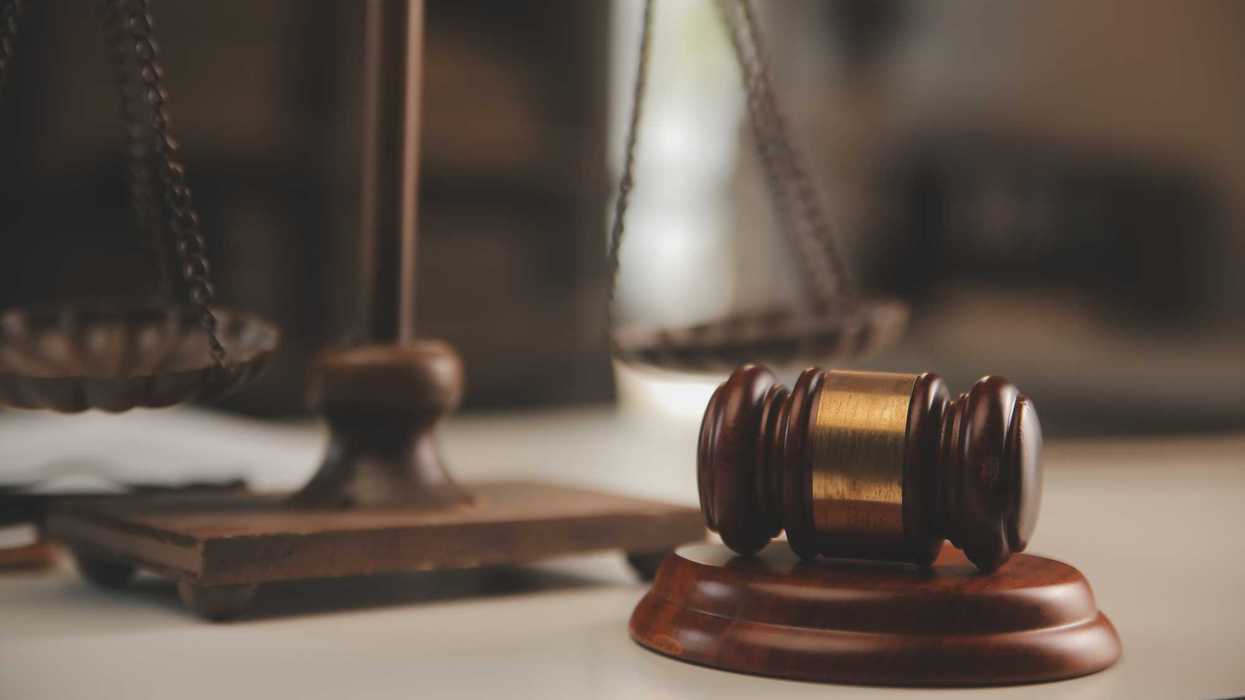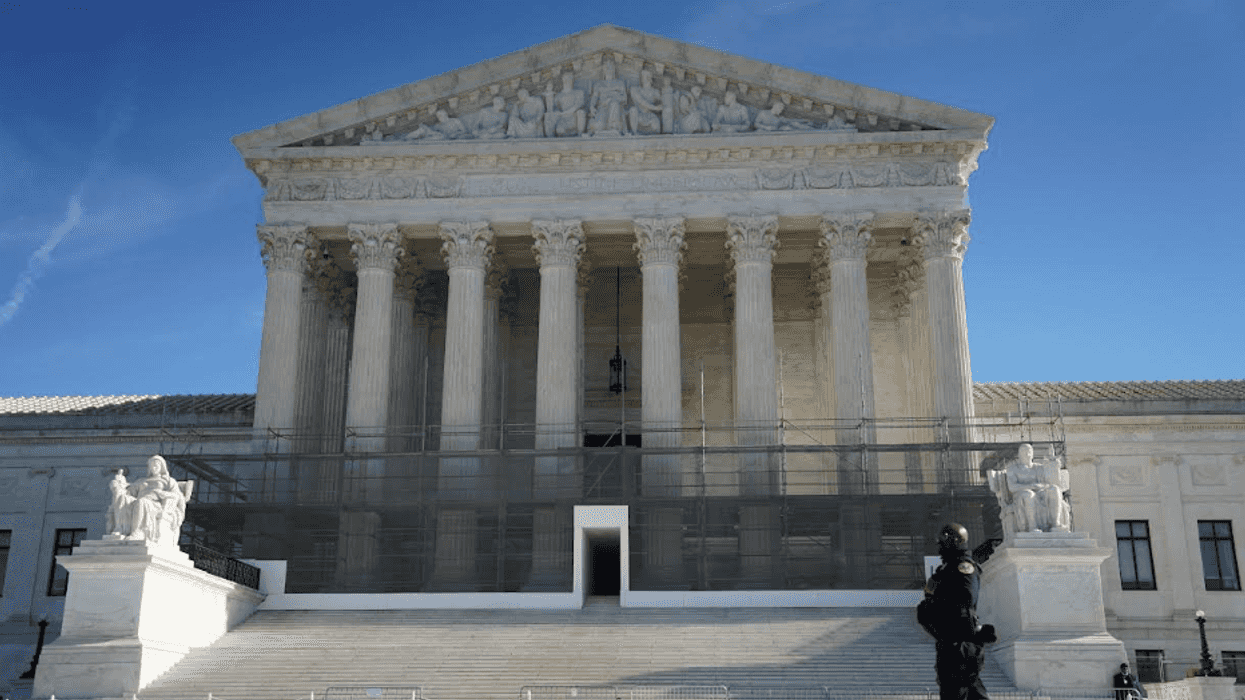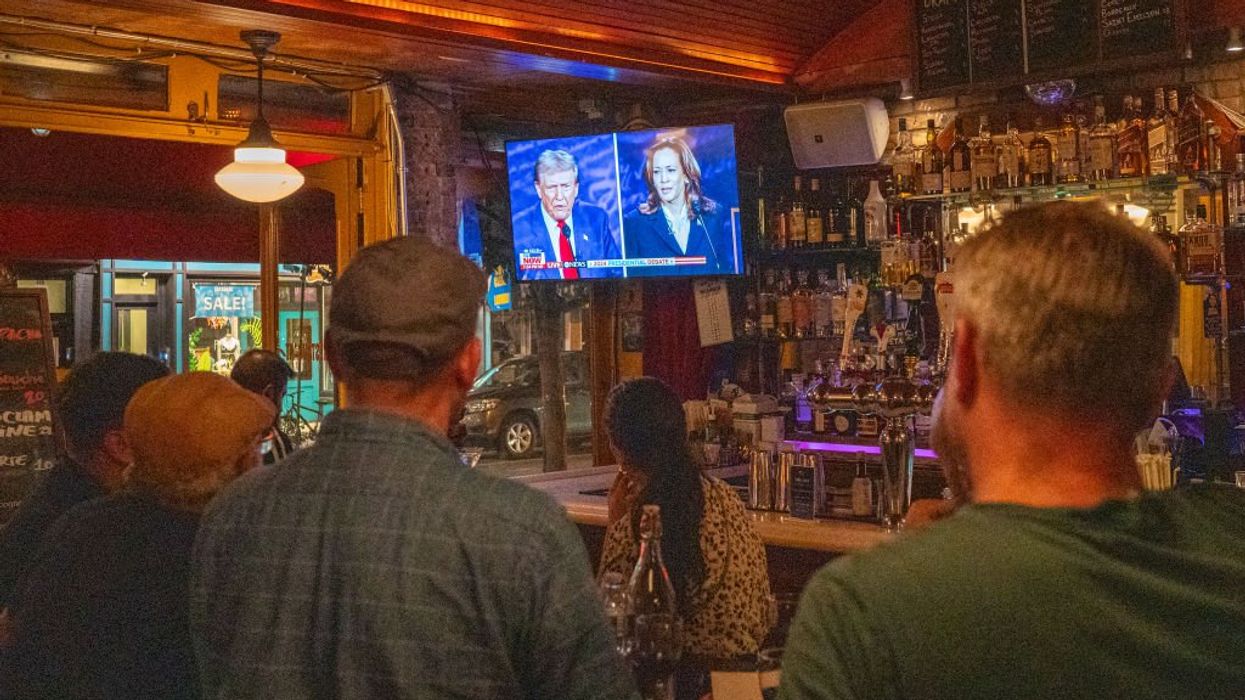Rollie Olson is the Program Manager who supports the Democracy and Bridgebuilding Initiatives at Interfaith America.
Interfaith America believes religious diversity is a foundational American strength.
I spoke with Rollie on a recent episode of Fulcrum Democracy Forum (FDF). The program engages citizens in evolving government to better meet all people's needs. Consistent with the Fulcrum's mission, FDF strives to share many perspectives to widen our readers' viewpoints.
Olson discussed building a nation that achieves the promise of religious diversity for the common good. "We believe in unlocking the power of pluralism," he said. "This idea that people can cooperate across difference. That's really the key for everyone to thrive. Our organization does this through equipping and connecting leaders across different sectors."
He wrote a column published on the Fulcrum titled Elections Reveal Preferences, Not Who We Are, where he wrote about the limitations of what a vote communicates–and what it doesn’t. "The weight we put on our national identity through the means of voting and what voting really is, is not a true form of self-expression that we put in America. We put this almost mythical weight on you do your civic duty to go vote and make your voice heard, but I think there's a lot of limitations about what that can say about us," Rollie said.
Rollie spent five years working for Congressman Dean Phillips (MN-03) in his election and as Congressional staff focused on stakeholder outreach, constituent services, and finding common ground with constituents across backgrounds and ideologies. "His mandate was about finding common ground across the aisle. He thought no party had the monopoly on good ideas. He just had a remarkable way of connecting with people. He didn't compromise his own beliefs, but he was able to find common ground," he said.
SUGGESTION:
Marcela Betancur: Improving policymakers' understanding of the community's needs
- YouTubewww.youtube.com
Anusha Harid-Paoletti: "Diversity is intertwined with success"
- YouTubeyoutu.be
If you have a suggestion for a change leader I should profile in an upcoming episode of the Fulcrum Democracy Forum, please email me at Hugo@thefulcrum.us.
I am the executive editor of the Fulcrum and a board member of the Bridge Alliance Education Fund, the parent organization of The Fulcrum. I am also the publisher of the Latino News Network and an accredited solutions journalism trainer with the Solutions Journalism Network.




